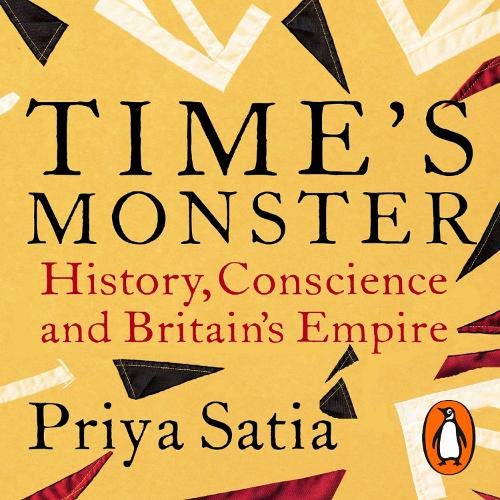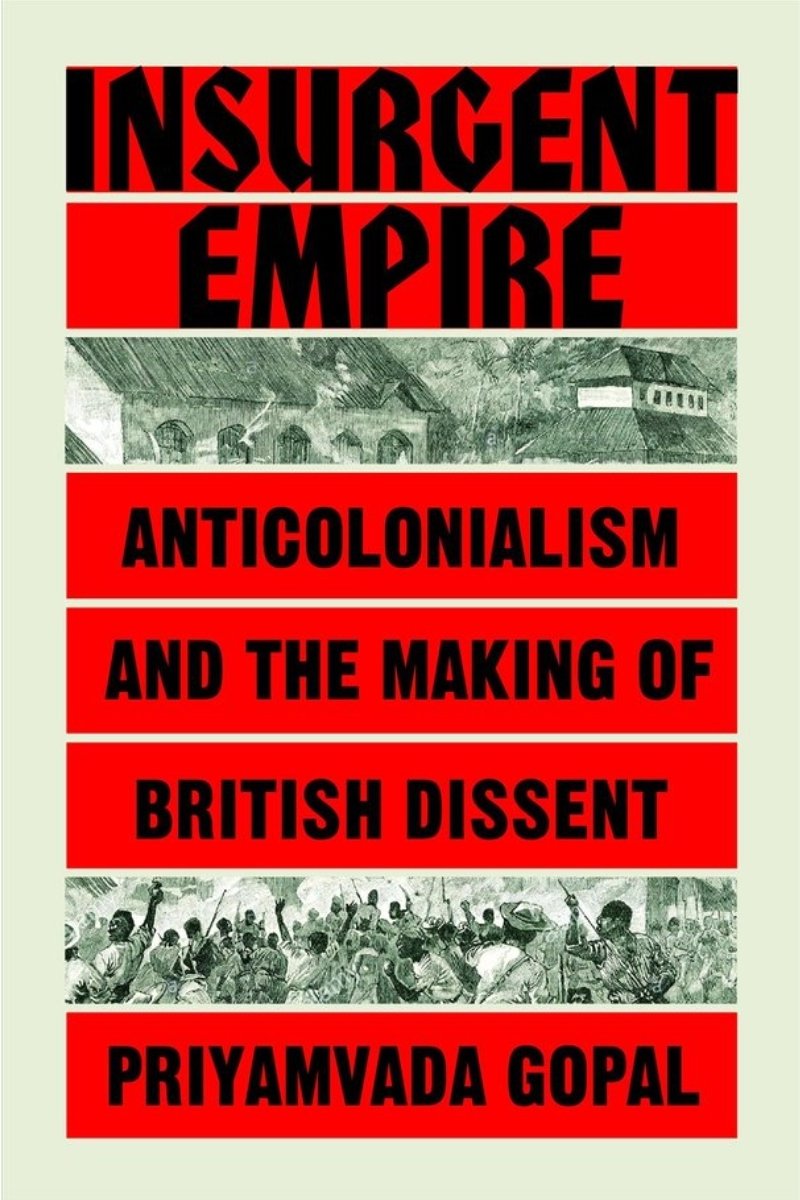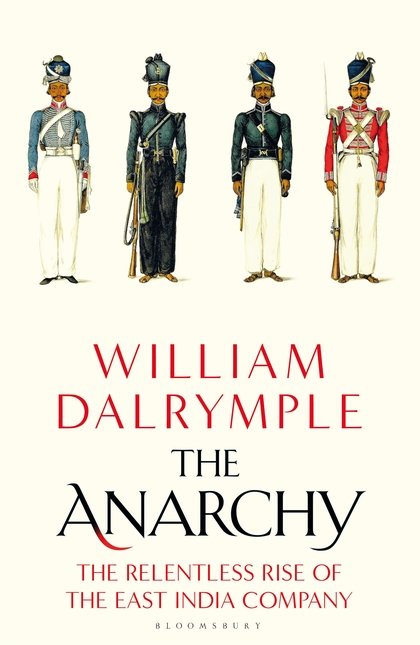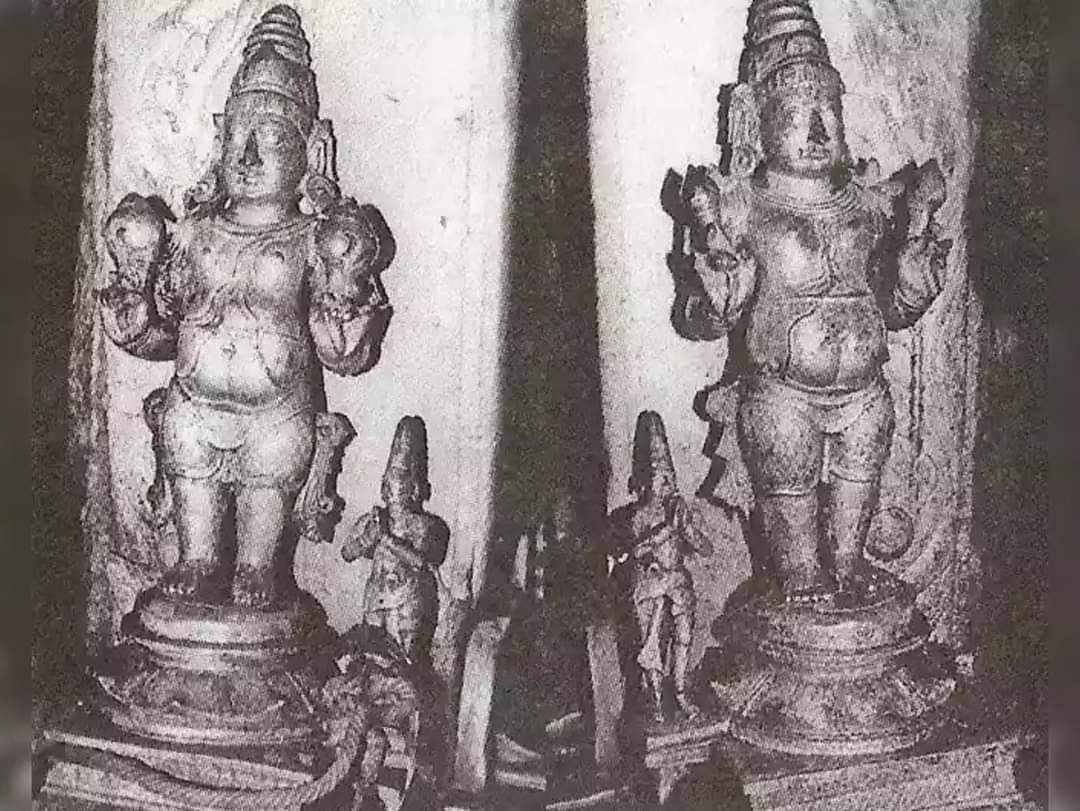But there were tricks that I learned about getting books from publishers. 2/x
I've gotten a few questions about this, so let me clarify and provide as much helpful information as this medium will allow.
To begin, both of my parents are MBA's and are assertive. They taught us four kids to be assertive. 1/x
Many underestimate the generosity of (most) publishers. I probably got $10,000 worth of free books during my 4 years in Durham by request exam or review copies. Sometimes, I just emailed a publisher and said, "I need this book, but I can't afford it. Can you help me out?"
— Stephen D. Campbell, Dr. theol. (@the_OT_Campbell) December 13, 2020
But there were tricks that I learned about getting books from publishers. 2/x
Some (like JHS) have no word limits, b/c they're online.
Some (like Vetus Testamentum) will happily publish 100 word reviews and 2,500 word review essays. 8/x
Fortress: Don't bother unless you get a review editor to get the book for you.
Routledge: I'm still waiting on them to reply to an email from 4 years ago. So I don't try. 11/x
Yale: They've made me jump through some crazy hoops to get books. I've had luck getting exam copies. 12/x
IVP: Not sure. They don't publish in Germany, so I've been able to get some ebooks, but nothing in print. 13/x
Westminster/John Knox: Not generous. You can sometimes convince them to give you a temporary digital copy.
OUP/CUP: You better know where the review will be published. If you do, then you have a good chance. 14/x
Eerdmans: They are generous, but their generosity has limits of how many exam copies you can get in a year. 15/x
Lexham: Very generous.
SBL: haven't tried.
Eisenbrauns: They are a very small press and not super generous. You have to be submitting to a high level journal. 16/x
Peter Lang: I don't bother asking anymore. They've always said no, unless it was the journal asking for me. 17/x
Mohr Siebeck: Also VERY generous. I've never been denied a request.
V&R: Less generous, but I've had recent luck since my PhD was completed. I told them exactly where the review will go. 18/x
Notre Dame UP: I stopped trying. I had luck once. But as I recall, they work very slowly.
Baylor Press: They are another small press that has to be careful with how many books they give away. Best to go through your review editor. 19/x
JPS: Never had luck with them either, unless the journal already had received the book from the publisher and the journal sent it to me.
Peeters: No luck there either. I suspect I'd have to go through the review editor. 20/x
More from Book
It has been exactly 3 years to "how fund managers .." was released. The book took a lot of time to write. Here is a short thread about how it happened ..
2/n the idea came from @kan_writersside who got me in touch with Dibakar Ghosh at @Rupa_Books .. we discussed the idea that it has been 2 decades to the fund management industry and it deserves a book. A lot was written about about Bharat Shah, Prashant Jain and S.Arora..
3/n but there was not much information about investment philosophies and the overall environment of the mid 90s and later on. Kanishk and Dibakar wanted a broader book for everyone and not just the stock market reader. We went to work
4/n we decided to write about the dotcom boom and bust where it all started. The start fund managers came from there. In Feb 2000 IT index had a pe multiple of 420 and the market cap of the sector was 34% of the market. Banks were 5% and some analysts were still bullish
5/n prashant Jain was one of the few fund managers who was out of the sector in November itself and was quietly watching the index go up. There were others but the legend of Jain was at the top of the mind because it is believed he refused to meet the CFO of a big IT company ..
Bharat shah's Word of wisdom
— Investment Books (@InvestmentBook1) December 5, 2020
-Thumb rule to create Value Investing
Image Courtesy : @ms89_meet
How Fund Managers are Making You Rich: Discover Ways to Tame the Bear and Ride the Bull by @lonelycrowd https://t.co/hKirKY0BtC pic.twitter.com/mbh2gm3Iuo
2/n the idea came from @kan_writersside who got me in touch with Dibakar Ghosh at @Rupa_Books .. we discussed the idea that it has been 2 decades to the fund management industry and it deserves a book. A lot was written about about Bharat Shah, Prashant Jain and S.Arora..
3/n but there was not much information about investment philosophies and the overall environment of the mid 90s and later on. Kanishk and Dibakar wanted a broader book for everyone and not just the stock market reader. We went to work
4/n we decided to write about the dotcom boom and bust where it all started. The start fund managers came from there. In Feb 2000 IT index had a pe multiple of 420 and the market cap of the sector was 34% of the market. Banks were 5% and some analysts were still bullish
5/n prashant Jain was one of the few fund managers who was out of the sector in November itself and was quietly watching the index go up. There were others but the legend of Jain was at the top of the mind because it is believed he refused to meet the CFO of a big IT company ..






















